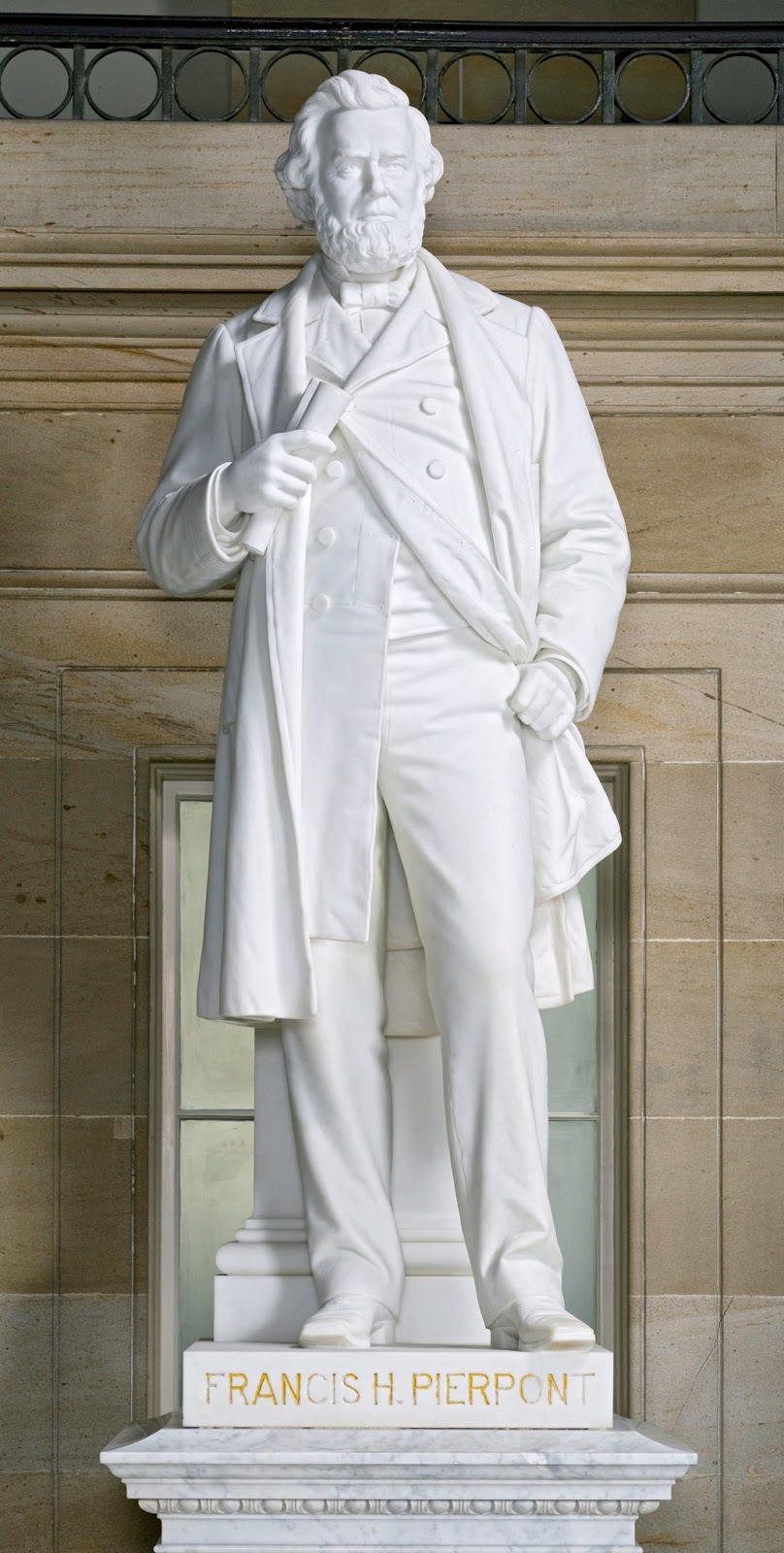Much of his writing reflected his interest in mythology and folklore — to the chagrin of one reviewer for the Methodist Review, who accused Dawson of paganism and that paganism, in turn, was "fatal" to the creating of literature. The reviewer noted that the poet "had been intimate with various heathen divinities of doubtful reputation; but we judge from his poetry that he did not know Christ even when he saw him." Further, he said, if Dawson, a perpetual bachelor, was in any way comparable to Whitman, it was because both men had a similar "animality, not so healthy and well-kept."
Even so, Dawson was fairly prolific as a poet and, further, was extremely athletic, tall, and well-built — as one critic noted, "little looked the poet he was." One friend said he had never known a "manlier man" than Dawson. His poem "To-day and To-morrow" was, presumably, written about the time of his 30th birthday (he died at age 38):
Sometime when the sun is fair and warm
And blue and bright on a summer's day,
That is, if I fall not in any harm,
I shall write some things I have wished to say;
That is, if my hand may hold the pen,
I will say some things for the ears of men.
But I fear sometimes that a little pain
Will come in this weary heart of mine;
Or peace like night on my tangled brain;
Or the lungs cease drinking the air like wine,
And blood flow over these pallid lips
And cloud the life in a red eclipse.
For a score and ten are treble a score,
The price we pay is dear for the years;
The wisdom that falls to thirty or more
Is purchased by travail and change and tears;
We look and learn with larger scope,
But the price we pay for this is—hope.
And so would I fain myself deceive,
As well as I may in my lonely room,
When the shadows are falling over the eve,
And night is coming with cloud and gloom,
In hope that much is mine to say,
Though I know to-morrow is only to-day.




















